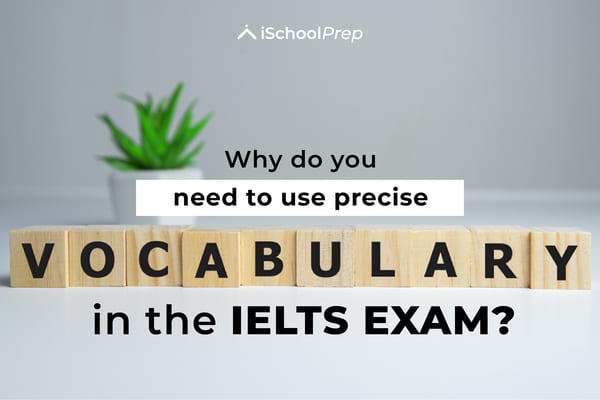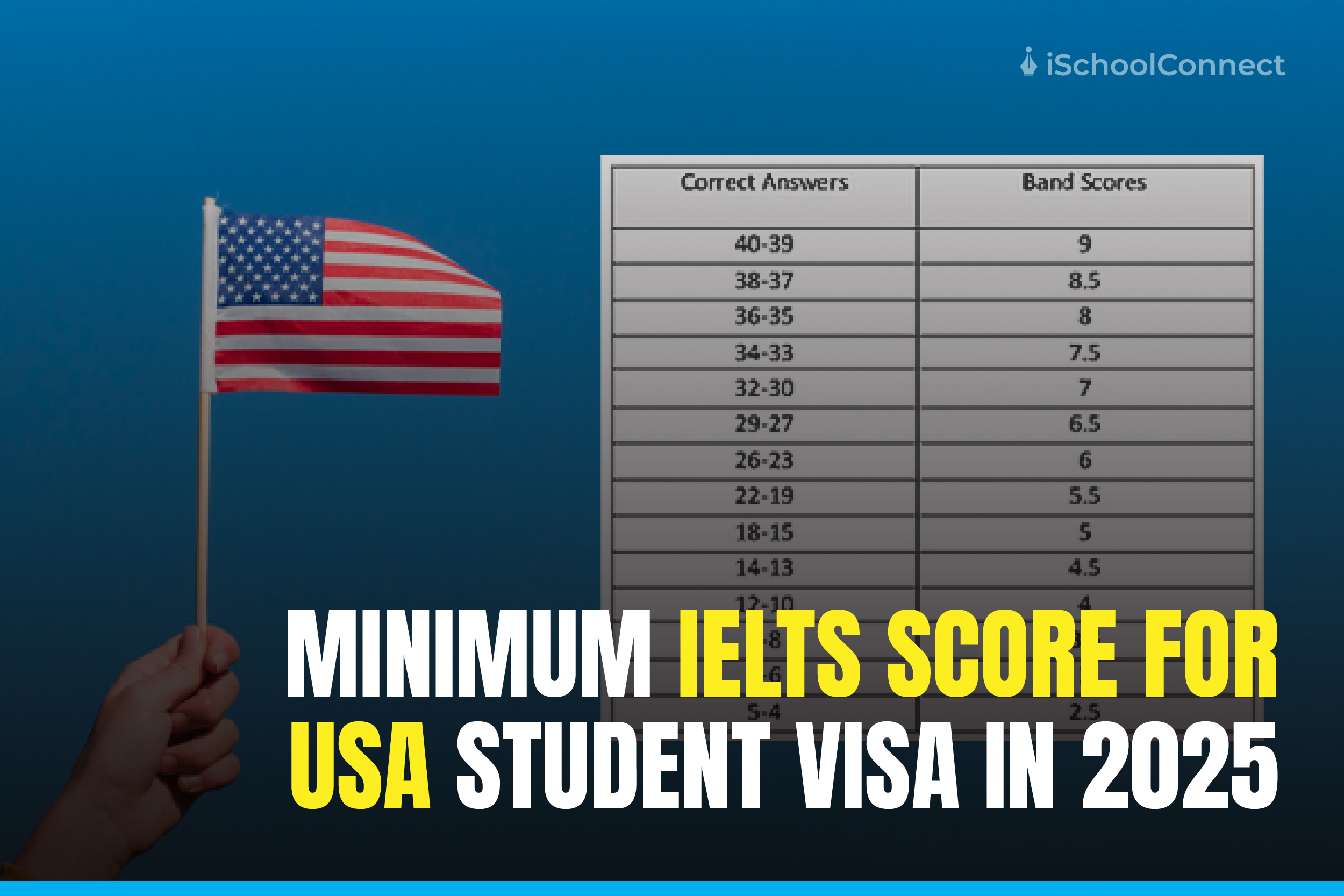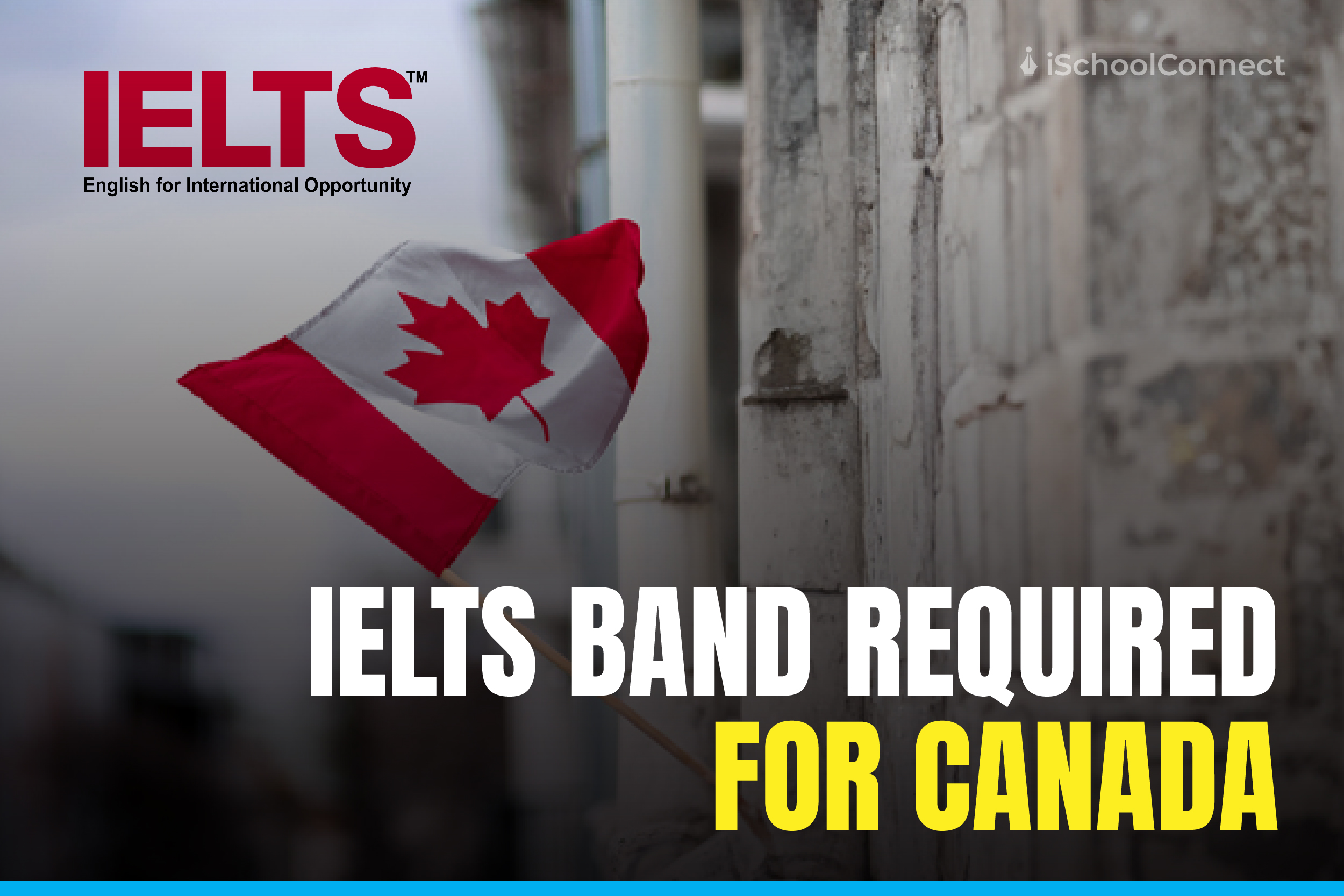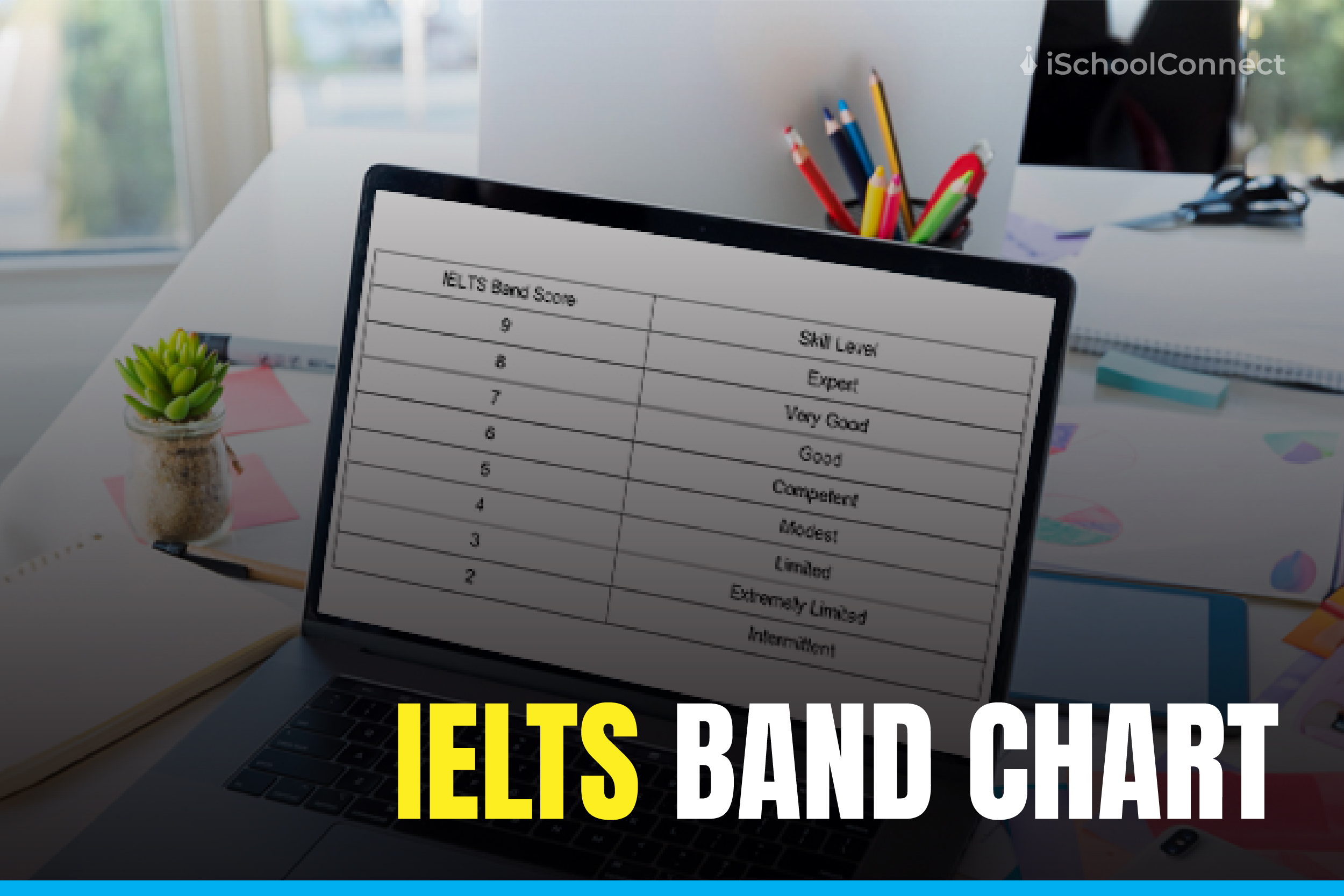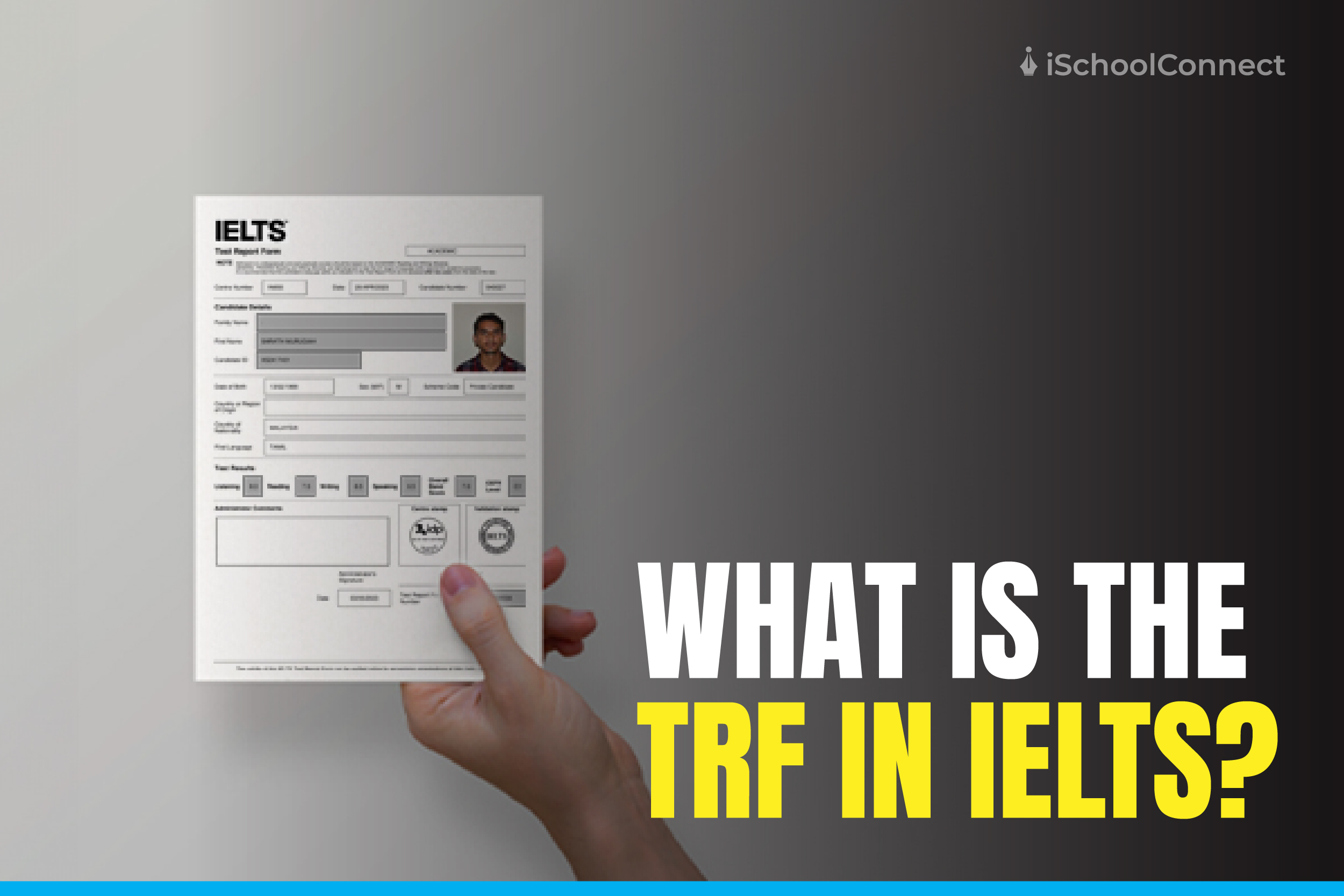Table of Contents
- Introduction to IELTS Vocabulary
- Why Vocabulary Matters for IELTS
- Boosts ComprehensionA strong vocabulary makes it easier to understand the reading passages and listen to audio. With a broader range of words, you’ll be able to grasp the meaning of complex texts and answer questions accurately, which is essential for achieving a high score.
- Prevents RepetitionA well-developed vocabulary helps you avoid using the same basic words over and over again. This keeps your responses more engaging, interesting, and diverse. Repetition can make your speech or writing sound monotonous, but varied vocabulary will help you sound more natural and fluent.
- Enhances CommunicationPrecise vocabulary enables you to express yourself more clearly. Whether you’re writing an essay or answering a question in the speaking section, using the right words helps you convey your ideas with accuracy and impact.
- Increases Your Lexical Resource ScoreThe IELTS exam evaluates your vocabulary range and how accurately you use words. A broader vocabulary, combined with the ability to use it appropriately, will improve your Lexical Resource score. This is especially important for higher scores—getting an IELTS Band 8 or 9 requires you to use vocabulary with precision.
- Improves Fluency and CoherenceHaving a rich vocabulary improves fluency and coherence in speaking and writing. It allows you to connect your ideas smoothly and respond without hesitation, which is crucial for a high score.
- How Vocabulary Boosts Your IELTS Scores: Section-Wise Guide
- Key Vocabulary for Common IELTS Topics
- Vocabulary Mistakes to Avoid in IELTS
- Overusing Complex Words It’s tempting to use advanced IELTS vocabulary words with meaning to impress the examiner, but overusing complex words can lead to mistakes. Always prioritize clarity over complexity to ensure your answers are clear and natural.Example: Instead of saying “I am quite exuberant about the upcoming event,” you can say “I am excited about the upcoming event.”
- Incorrect Collocations Collocations are words that often go together, like “make a mistake” or “commit a crime.” Using the wrong collocation, such as saying “do a mistake,” can sound awkward. Learning common collocations will make your speech and writing sound more fluent and natural.Example:
- Misusing Synonyms While synonyms can enrich your language, they aren’t always interchangeable. For example, “commute” refers specifically to regular travel between home and work, while “travel” is more general. Practice using synonyms in different contexts to understand their proper usage.Example:
- Ignoring Word Forms Many words have different forms, like nouns, verbs, adjectives, and adverbs. Using the wrong form can lead to grammatical errors. For instance, “sharp” is an adjective, while “sharply” is an adverb. Be sure to use the correct form of a word to maintain grammatical accuracy.Example:
- Forgetting Simplicity Sometimes, less is more. Instead of forcing in difficult vocabulary, focus on using words you’re comfortable with. Simple, precise language often leads to better communication than over-complicating your response with unfamiliar terms.Example:
- Easy Strategies for Expanding Your Vocabulary
- Top Resources for Building IELTS Vocabulary
- Key Takeaways
- FAQs
A strong vocabulary is one of the keys to acing the IELTS exam! Whether it’s for writing, speaking, reading, or listening, knowing the right IELTS vocabulary words with meaning can make all the difference in boosting your band score. In this blog, we’ll explore why vocabulary matters so much for IELTS success and how improving your word bank can help you ace the IELTS Exam and achieve your dream score. Let’s dive in!
Introduction to IELTS Vocabulary
The IELTS exam is a challenging test of English language proficiency that requires strong skills in several areas, and vocabulary is one of the most crucial. In fact, vocabulary alone makes up 25% of your score in both the Writing and Speaking sections! It also plays a pivotal role in your Listening and Reading scores. This means that expanding and strengthening your vocabulary is key to achieving a high score in IELTS. Precise use of IELTS vocabulary words with meaning helps you express your ideas clearly and accurately, leaving no room for confusion.
Why Vocabulary Matters for IELTS
When it comes to the IELTS exam, having a strong and precise vocabulary is essential for success. Your vocabulary skills impact every section of the test, from Reading and Listening to Writing and Speaking. In fact, a well-developed vocabulary is one of the key factors that can push your score above a 6—and even help you achieve an 8 or 9!
Boosts Comprehension
A strong vocabulary makes it easier to understand the reading passages and listen to audio. With a broader range of words, you’ll be able to grasp the meaning of complex texts and answer questions accurately, which is essential for achieving a high score.Prevents Repetition
A well-developed vocabulary helps you avoid using the same basic words over and over again. This keeps your responses more engaging, interesting, and diverse. Repetition can make your speech or writing sound monotonous, but varied vocabulary will help you sound more natural and fluent.Enhances Communication
Precise vocabulary enables you to express yourself more clearly. Whether you’re writing an essay or answering a question in the speaking section, using the right words helps you convey your ideas with accuracy and impact.Increases Your Lexical Resource Score
The IELTS exam evaluates your vocabulary range and how accurately you use words. A broader vocabulary, combined with the ability to use it appropriately, will improve your Lexical Resource score. This is especially important for higher scores—getting an IELTS Band 8 or 9 requires you to use vocabulary with precision.Improves Fluency and Coherence
Having a rich vocabulary improves fluency and coherence in speaking and writing. It allows you to connect your ideas smoothly and respond without hesitation, which is crucial for a high score.
Get More Details: Improve IELTS exam score with these tips | Syllabus, tricks & more!
How Vocabulary Boosts Your IELTS Scores: Section-Wise Guide
Vocabulary is a key factor in achieving a high score on the IELTS exam. It influences all four sections—Reading, Writing, Listening, and Speaking—and helps you communicate more effectively. Let’s explore how a strong vocabulary impacts each part of the test.
Reading Section
A rich vocabulary helps you understand complex texts and identify key ideas. During the reading section, you’ll encounter various texts, including academic articles, news reports, and magazines. A strong vocabulary allows you to grasp meanings, infer from context, and quickly locate answers using strategies like skimming.Writing Section
In the writing section, vocabulary plays a major role in how you express your ideas. A broad vocabulary enables you to write more coherently and persuasively. It helps you avoid repetition, select precise words, and convey your thoughts clearly in essays, reports, or letters.Listening Section
During the listening section, you must understand spoken English in different accents, speeds, and contexts. A wide vocabulary helps you understand idiomatic expressions, complex phrases, and diverse accents. Familiarity with IELTS vocabulary words with meaning helps you catch details and answer questions with more accuracy, especially in the Listening section.Speaking Section
In the speaking section, your vocabulary is key to speaking fluently and expressing yourself clearly. A broad vocabulary enables you to explain your thoughts, give examples, and respond confidently to a variety of topics. Being able to choose the right words to express your ideas shows the examiner that you have strong spoken English skills, making you stand out in the IELTS vocabulary test.
Get More Details: IELTS band required for Australia- A Guide for 2025
Key Vocabulary for Common IELTS Topics
To help with your IELTS preparation, we’ve organized essential vocabulary into separate sections based on common IELTS topics. Each section includes a list of useful IELTS vocabulary words with meaning, along with example sentences to illustrate how they can be applied in context. This will help you enhance your vocabulary across key IELTS topics such as business, environment, education, technology, health, travel, and food.
Business Vocabulary for IELTS
|
Word |
Meaning |
Example Sentence |
|
Assets |
Valuable items owned by a business |
The company sold its assets to recover from debt. |
|
Merger |
The combination of two companies |
The merger created one of the largest firms in the industry. |
|
Entrepreneur |
A person who starts a business |
Many entrepreneurs face challenges when launching new products. |
|
Revenue |
Income generated from business activities |
The revenue increased significantly last quarter. |
|
Market |
A place where goods and services are exchanged |
Understanding the market is crucial for business success. |
Environment Vocabulary for IELTS
|
Word |
Meaning |
Example Sentence |
|
Biodiversity |
The variety of life in a particular habitat |
Biodiversity is essential for ecosystem health. |
|
Pollution |
Harmful substances introduced into the environment |
Air pollution affects public health significantly. |
|
Conservation |
Protection and preservation of natural resources |
Conservation efforts are vital for endangered species. |
|
Ecosystem |
A community of living organisms and their environment |
The coral reef is a fragile ecosystem that supports marine life. |
|
Sustainability |
Meeting present needs without compromising future generations |
Sustainability is key to protecting our planet’s resources. |
Education Vocabulary for IELTS
|
Word |
Meaning |
Example Sentence |
|
Curriculum |
Subjects and content taught in schools |
The school revised its curriculum to include more technology courses. |
|
Scholarship |
Financial aid awarded to students based on merit or need |
She received a scholarship to study at her dream university. |
|
Assessment |
Evaluation of students’ knowledge or skills |
Regular assessments help track student progress effectively. |
|
Literacy |
Ability to read and write proficiently |
Improving literacy rates is essential for community development. |
|
Pedagogy |
Method and practice of teaching |
Innovative pedagogy can enhance student engagement in learning. |
Technology Vocabulary for IELTS
|
Word |
Meaning |
Example Sentence |
|
Innovation |
Introduction of new ideas or methods |
Innovation drives progress in technology and science. |
|
Data |
Facts and statistics collected for analysis |
Data analysis helps businesses make informed decisions. |
|
Software |
Programs that run on computers or devices |
She updated the software on her laptop for better performance. |
|
Device |
A tool or machine used for a specific purpose |
Smartphones are versatile devices used for communication and entertainment. |
|
Algorithm |
A set of rules for solving problems or tasks |
The algorithm optimizes search results based on user preferences. |
Health Vocabulary for IELTS
|
Word |
Meaning |
Example Sentence |
|
Nutrition |
Process of providing or obtaining food necessary for health |
Proper nutrition is vital for maintaining good health. |
|
Exercise |
Physical activity to improve fitness |
Regular exercise can prevent many health issues. |
|
Disease |
An illness affecting the body or mind |
Diabetes is a common disease that requires careful management. |
|
Vaccination |
Administration of a vaccine to protect against disease |
Vaccination programs have reduced the spread of infectious diseases significantly. |
|
Wellness |
Overall health and well-being |
Wellness programs promote healthy lifestyles among employees. |
Travel Vocabulary for IELTS
|
Word |
Meaning |
Example Sentence |
|
Destination |
A place someone travels to |
Paris is a popular travel destination for tourists worldwide. |
|
Journey |
Act of traveling from one place to another |
My journey through Europe was unforgettable. |
|
Tourist |
A person who travels for pleasure |
Many tourists visit India during the winter months. |
|
Itinerary |
Planned route or schedule for a journey |
Our itinerary included visits to several historical sites. |
|
Accommodation |
A place where travelers stay, such as hotels |
Finding suitable accommodation can enhance your travel experience. |
Food Vocabulary for IELTS
|
Word |
Meaning |
Example Sentence |
|
Cuisine |
Style of cooking associated with a particular country or region |
Indian cuisine is known for its rich spices and flavors. |
|
Ingredient |
Any food item used in cooking |
Fresh ingredients are essential for healthy meals. |
|
Recipe |
Instructions for preparing a dish |
I found a great recipe for chocolate cake online. |
|
Nutrition |
Process of obtaining food necessary for health |
Good nutrition is vital for overall well-being. |
|
Gastronomy |
Art or science of good eating; culinary customs |
Gastronomy varies greatly from one culture to another. |
By familiarizing yourself with these IELTS vocabulary words with meaning, you’ll not only improve your score in all four sections of the exam but also demonstrate a strong command of language that sets you apart from other candidates.
Explore Further Insights: 50 New Difficult English Words For IELTS Exam
Vocabulary Mistakes to Avoid in IELTS
When preparing for the IELTS, expanding your vocabulary is essential. However, it’s just as important to avoid common vocabulary mistakes that could hurt your score. Being aware of these errors and learning how to avoid them will help you use words more confidently and accurately during the test. Here are five key mistakes to watch out for:
Overusing Complex Words It’s tempting to use advanced IELTS vocabulary words with meaning to impress the examiner, but overusing complex words can lead to mistakes. Always prioritize clarity over complexity to ensure your answers are clear and natural.
Example: Instead of saying “I am quite exuberant about the upcoming event,” you can say “I am excited about the upcoming event.”
Incorrect Collocations
Collocations are words that often go together, like “make a mistake” or “commit a crime.” Using the wrong collocation, such as saying “do a mistake,” can sound awkward. Learning common collocations will make your speech and writing sound more fluent and natural.
Example:- Correct: “Make a decision”
- Incorrect: “Do a decision”
Misusing Synonyms
While synonyms can enrich your language, they aren’t always interchangeable. For example, “commute” refers specifically to regular travel between home and work, while “travel” is more general. Practice using synonyms in different contexts to understand their proper usage.
Example:- Correct: “I commute to work every day.”
- Incorrect: “I travel to work every day” (if referring specifically to regular commuting).
Ignoring Word Forms
Many words have different forms, like nouns, verbs, adjectives, and adverbs. Using the wrong form can lead to grammatical errors. For instance, “sharp” is an adjective, while “sharply” is an adverb. Be sure to use the correct form of a word to maintain grammatical accuracy.
Example:- Correct: “She spoke sharply.” (adverb)
- Incorrect: “She spoke sharp.” (adjective)
Forgetting Simplicity
Sometimes, less is more. Instead of forcing in difficult vocabulary, focus on using words you’re comfortable with. Simple, precise language often leads to better communication than over-complicating your response with unfamiliar terms.
Example:- Instead of using a complex term like “ameliorate,” simply say “improve.”
By being mindful of these vocabulary mistakes, you can improve the accuracy and fluency of your answers, boosting your chances of success in the IELTS exam!
Uncover More Insights: Master Your IELTS Prep with Mini IELTS
Easy Strategies for Expanding Your Vocabulary
Improving your vocabulary is essential for the IELTS test, especially for the Writing and Speaking sections. Here are some effective strategies to enhance your vocabulary:
Master the Basics First
Before diving into complex vocabulary, start with the basics. A solid understanding of common English words is crucial for building a strong foundation. To kickstart your learning, here’s a list of essential vocabulary divided by part of speech:
|
Part of Speech |
Words |
|
Adjectives |
important, necessary, significant, relevant, appropriate, accurate, clear, complete, correct, effective, efficient, essential, excellent, famous, interesting, major, new |
|
Adverbs |
actually, again, always, clearly, consequently, definitely, eventually, finally, frequently, generally, however, immediately, indeed, later, mainly, normally, often, occasionally, originally, particularly, probably, rarely, recently, sometimes, still, subsequently, usually, very |
|
Nouns |
ability, advantage, argument, aspect, basis, benefit, chapter, choice, conclusion, condition, concept, contrast, difference, difficulty, example, fact, idea, importance, information, issue, knowledge, level, method, problem, result, situation, solution, statement, strategy, term, theory, topic, understanding, value, view |
|
Verbs |
accept, achieve, act, add, agree, analyze, argue, ask, assess, assume, believe, consider, conclude, continue, decide, define, describe, discuss, discover, do, draw, explain, express, find, happen, help, inform, involve, join, know, learn, listen, look, make, mean, mention, need |
Read more: Proper Nouns | Understanding the significance and usage
Read Widely and Regularly
Reading a variety of materials like books, articles, and newspapers is an excellent way to expand your vocabulary. Make it a habit to read daily and pay attention to unfamiliar words.
How to Maximize Your Reading:
- Keep a Vocabulary Journal: Write down new words, their meanings, synonyms, and example sentences.
- Use Dictionary Apps: These apps provide pronunciation, synonyms, and example sentences to deepen your understanding.
The key to success is constant exposure to IELTS vocabulary words with meaning, which will help improve your reading comprehension as well.
Learn Vocabulary in Context
Learning vocabulary in context helps you understand how words are used in real-life situations. For example, you might encounter the word “commute” when reading about someone’s regular travel to work. This context-based learning will help you not only understand the word’s meaning but also how to use it effectively in sentences.Explore Different Learning Resources
There are plenty of resources available to help you build your IELTS vocabulary. Find what works best for you. Here are a few options to consider:- Books: Cambridge English Vocabulary for IELTS, Vocabulary in Use series
- Apps: IELTS Vocabulary Builder, IELTS Vocabulary Trainer
- Websites: WordHippo for synonyms and definitions
Use Flashcards and Memory Aids
Flashcards and mnemonic devices are fantastic for memorizing new words. Write the word on one side and its meaning and example sentence on the other. Repetition helps reinforce memory.
How to Use Flashcards Effectively:
- Categorize words into themes like “Technology,” “Education,” or “Environment.”
- Visualize scenarios related to the words to make them easier to remember.
- Create mnemonic devices, like rhymes or acronyms, to link new words with familiar concepts.
- Practice Consistently
Regular practice is key to retaining new vocabulary. Use the words you learn in speaking and writing. You can also:
- Keep a vocabulary notebook with words, definitions, and example sentences.
- Play online vocabulary games or use apps that provide interactive learning experiences.
- Make time for regular revision to reinforce your vocabulary and ensure it sticks.
Practice Using New Words
Using newly learned vocabulary in your speaking and writing is crucial for retention. Make an effort to use recently learned words in sentences during your IELTS practice, especially in the Writing and Speaking sections.
Read More: How to Prepare for IELTS Exam, 5 Expert Tips
Examples of Precise Vocabulary Usage
Developing a diverse vocabulary is key to clear and impactful writing, especially for IELTS. Using precise alternatives can elevate your language and demonstrate proficiency. For example:
- Instead of saying “good,” you can say “superb” or “excellent,” depending on the context.
- Instead of “different options,” try “numerous options” or “a wide range of options.”
By choosing precise words and practicing consistently, you can expand your vocabulary and reach your target band score.
Top Resources for Building IELTS Vocabulary
Improving your IELTS vocabulary is essential, especially for the Speaking section. Here are some of the best resources to help you expand your word bank:
- Cambridge Vocabulary for IELTS: This comprehensive book covers essential vocabulary in a structured format, with practice exercises at the end of each chapter.
- IELTS Vocabulary Masterclass 8.5: Packed with an extensive list of words, this book includes helpful practice exercises and even an IELTS Listening and Reading mini-dictionary.
- Reading Newspapers and Articles: Focus on common IELTS topics like Education, Science, Technology, Business, and Tourism. Note down unfamiliar words, look up their meanings, synonyms, antonyms, and grammar usage, and store them in a notebook or digital document.
- Listening to Podcasts: Platforms like Spotify offer podcasts that can strengthen your vocabulary and aid in your listening and speaking skills.
- Using Vocabulary Apps: Apps like Quizlet and Memrise let you create custom flashcards and review them regularly, helping you retain new words and phrases. They’re perfect for preparing for the IELTS vocabulary test and improving your vocabulary in a fun and effective way.
Incorporating these resources into your IELTS preparation will allow you to expand your vocabulary and enhance your performance on the test. Whether you’re using an IELTS vocabulary book or practicing with a vocabulary app, consistent practice is key to achieving a high band score.
Dive Deeper: IOT IELTS in 2025: Key Features & Preparation Resources
Keep Learning: All About IELTS Exam, IELTS Exam for Study Abroad
Key Takeaways
- A strong and precise vocabulary directly enhances your performance in all IELTS sections, improving both comprehension and expression. Studies show that vocabulary accounts for 25% of your score in Writing and Speaking, making it a critical component of success.
- A well-developed vocabulary helps you express ideas clearly and avoid repetition, which improves fluency and coherence in speaking and writing. This directly correlates to a higher Lexical Resource score, essential for achieving bands 8 or 9.
- A broad vocabulary improves your ability to understand complex reading passages and listening recordings, ensuring accurate responses. The more IELTS vocabulary words with meaning you know, the easier it is to catch important details and understand the subtle points during the exam.
We hope this blog on using the right vocabulary for your IELTS exam was helpful! If you need any support with test prep or your study abroad applications, don’t hesitate to get in touch. We’re here to help!
Like the blog? Read next: IELTS cue cards | 14 topics with the best sample and model answers inside!
FAQs
Ques 1: Does using too much complex vocabulary negatively affect my scores?
Answer 1: Yes, overusing complex vocabulary can lower your IELTS score if it makes your answers sound unnatural or confusing. Aim for clear, precise language that fits the topic naturally. Using varied vocabulary effectively is more important than using overly complex words.
Ques 2: What resources are available to help me prepare for the IELTS exam?
Answer 2: To prepare for the IELTS exam, you can access a variety of official resources, including apps, webinars, training courses, and practice tests. These tools are designed to help you improve your skills and familiarize yourself with the test format, boosting your chances of success.
Ques 3: How does using precise vocabulary help in the IELTS exam?
Answer 3: Using accurate and fitting vocabulary enhances the clarity and flow of your writing and speaking, which is crucial for the IELTS exam. It can also demonstrate a higher level of proficiency and increase your scores.
